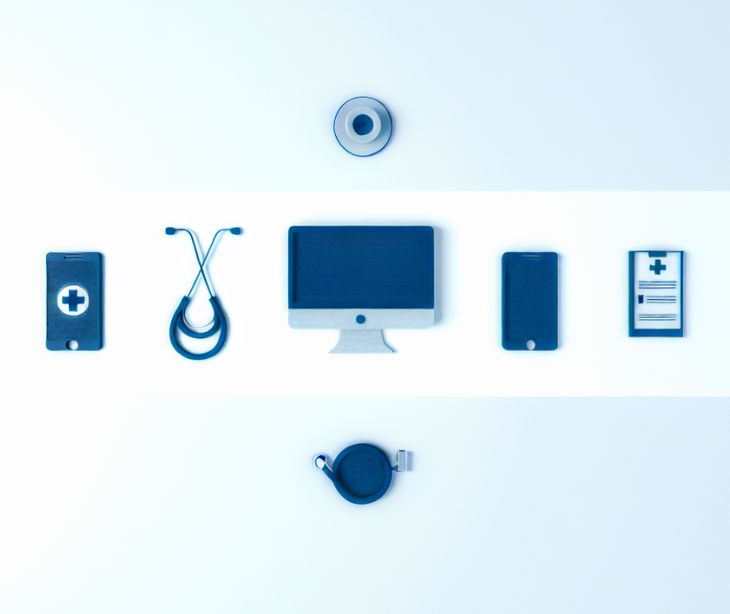
Providers can text medication reminders, symptom monitoring, appointment notifications, and personalized self-management tips, promoting access to healthcare and helping patients manage their asthma.
The CDC defines asthma as “a chronic disease of the airways that requires ongoing medical management.” Asthma is characterized by inflammation and narrowing of the airways, leading to symptoms like wheezing, shortness of breath, and chest tightness. It can be triggered by various factors such as allergens, respiratory infections, and exercise.
National Health Interview Survey (NHIS) shows that asthma affects 7.7% of the U.S. population, or 24.9 million people, especially those below the poverty threshold. Limited access to transportation, inability to afford medical expenses, and other financial burdens can further exacerbate the challenges of accessing regular asthma care.
Go deeper: Addressing social determinants of health with HIPAA compliant texts
Remote asthma management and text messaging
Effective asthma management involves a combination of medications, lifestyle modifications, and regular monitoring to keep symptoms under control and prevent flare-ups.
Traditional methods of managing asthma often involve periodic visits to healthcare providers for check-ups, adjustments to treatment plans, and education on self-management strategies. However, these visits may not always be feasible for individuals living in remote areas or those below the poverty line.
Studies show that text messages can be used to monitor asthma management remotely and could result in better health outcomes. Specifically, a study on a text message program designed to modify patients’ illness and treatment beliefs shows that “A targeted text message program increases adherence to asthma preventer inhaler and may be useful for other illnesses where adherence is a major issue.”
In addition, a pilot study on using text messaging to improve asthma outcomes shows “Modest improvement in asthma control and quality of life outcomes, as well as improved adherence during the texting intervention.”
While text messaging can be effective in remote asthma management, providers must use a HIPAA compliant platform, like Paubox, to adhere to regulatory standards.
Strategies for using HIPAA compliant texts
Medication reminders: Healthcare providers can use texts to remind asthma patients to take their daily medications, like inhalers, at specific times throughout the day.
Symptom monitoring: Patients can use text messages to report their symptoms to healthcare providers, who can intervene promptly, if symptoms worsen, offering timely and personalized care.
Self-management tips: Providers can text asthma self-management tips to patients. These texts can offer information about asthma triggers, inhaler techniques, lifestyle modifications, and emergency action plans. More specifically, providers can send personalized HIPAA compliant texts to tailor to specific needs, like reminding patients to avoid known triggers or to take their medication before exercising.
Appointment reminders: Text messages can remind patients of upcoming asthma check-ups and provide important information about preparing for the appointment, like bringing a list of current medications or any recent symptoms they have experienced. Additionally, it allows those with logistical barriers to reschedule or cancel their appointment if needed.
FAQs
How do HIPAA compliant texts protect patient privacy?
HIPAA compliant texts protect patient privacy by encrypting sensitive health information, including protected health information (PHI), implementing secure transmission protocols, and restricting access to authorized individuals.
Can HIPAA compliant texts be personalized?
Yes, providers can use a HIPAA compliant platform, like Paubox, to personalize texts based on individual needs, preferences, and medical history. Personalization can include addressing the patient by name, providing customized medication reminders, and offering relevant health information.
Read also: Personalization in text message-based interventions across different demographics
Can patients reply to HIPAA compliant texts?
Yes, patients can reply to HIPAA compliant texts sent by healthcare providers. The bi-directional nature allows patients to respond to messages, ask questions, provide updates on their condition, or request additional information from their healthcare team.
Go deeper: HIPAA compliant texting for patient-centered communication
Subscribe to Paubox Weekly
Every Friday we bring you the most important news from Paubox. Our aim is to make you smarter, faster.




